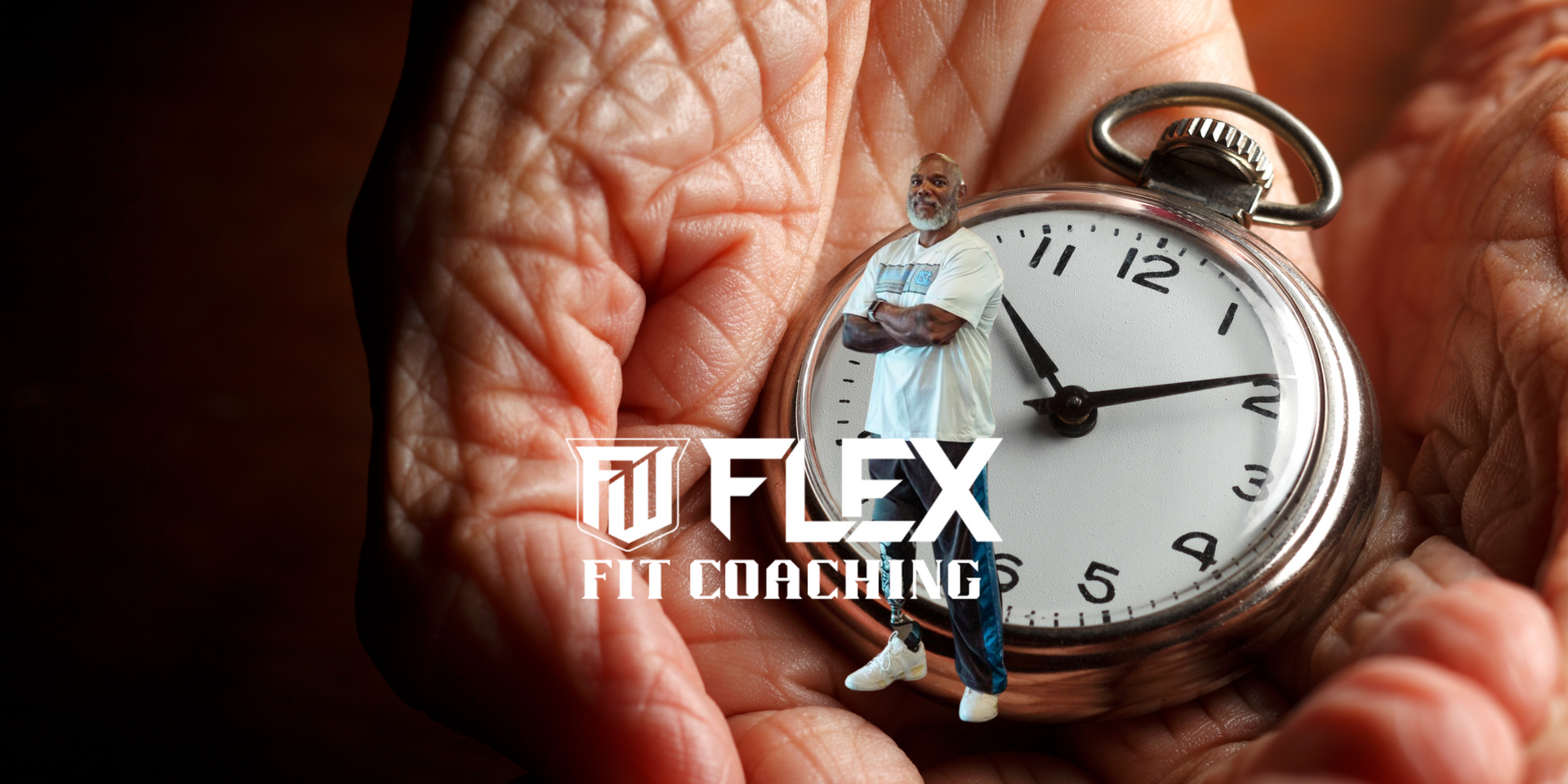Post Workout Nutrition Window
The answer isn't so straight forward according to new research.

This will be one of the most convoluted answers ever! Is the post-workout window for nutrition 1 hour? Or is it 2-3 hours? Could it possibly be 6 hours? Wait…what’s going on here? Well, if you were to look at the metadata and read all of the articles (I sadly did), you’ll find that research shows that the window is “all of the above.”
Probably not surprising that with all of this inconsistent information that this is the most pervasive myth in the fitness world. What’s worse is that each time frame has it’s scientific, peer-reviewed support. The most often referred to studies are Esmark et al. (2001) which looked at untrained and elderly subjects and Levenhagen et al. (2001) that used cardio exercise. While peer-reviewed and acceptable in the scientific world, there are some issues for applicability.
First off, “elderly” individuals digest and absorb protein differently from those considered healthy adults. There is research (ya…I went there) that shows that people over the age of 65 digest and absorb whey protein almost exactly like they digest and absorb casein (Dangin et al. 2003). In layman’s terms, they do both slowly. It’s also been shown that seniors benefit from having up to 80% of their daily intake of protein consumed in a single meal (Arnal et al. 1999).
Here’s a head scratcher…Esmark et al. (2001) showed that consuming a post workout meal 2 hours post-exercise actually PREVENTED any and all improvements from training. Ya…I don’t get that one either…and it was published!
And, seriously, when it comes to cardio…there is an obvious difference in response to stimulus. Let’s leave that one there…
Now, with all of that said, what are we supposed to posit? Well, enter what many feel is the most underrated study in the past several decades. Tipton et al. (2003) looked at the responsiveness of protein synthesis for a full day following a training session. They found a 24 hour enhanced anabolic level. A full day. So, taking that into account, a morning protein shake will have the same impact on muscle protein synthesis as one consumed 1 hour post workout.
MacDougall et al. (1995) showed decades ago that protein synthesis is elevated for the same amount of time. In fact, Phillips et al. (1997) showed results lasting up to 48 hours, and that study showed elevated levels of ~33%.
I think we can throw out the 1-hour post workout window now…









